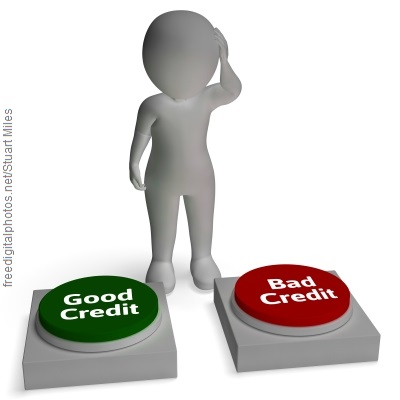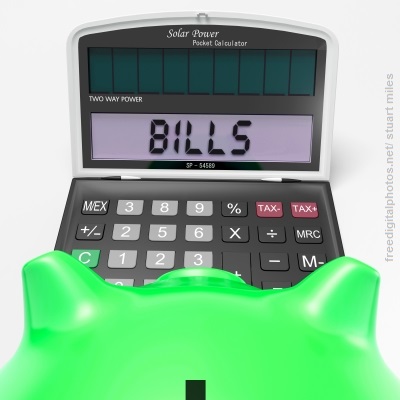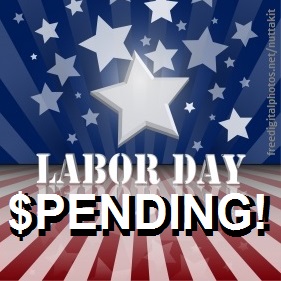It seems lately that we have not had too much trouble with hurricanes on the East Coast. This new one, Hurricane Joaquin, is causing concern though. A whole bunch of people up and down the East Coast are expected to be affected in one way or another, even if Joaquin doesn’t make a significant landfall. It has been raining 3 solid days here in SC, and they say it will rain all weekend, maybe 10 inches or more!
So, preparation. Of course, you need to protect your family. But you have to protect your home and your stuff too. Sometimes, that means replacing your stuff if it gets ruined or blown away. And that can take time. To get your life and home back in order after a big event like this, it often helps to have certain things in order beforehand.
That’s the gist of a timely article on NBCNews.com: “Hurricane Joaquin: Get Your ‘Home Insurance Go Bag’ Ready.” Here’s the opener: “Getting ready for Hurricane Joaquin isn’t just about tossing some water and flashlight batteries in a go-bag. With property damage possible, you also need check your insurance to safeguard your home and belongings.”
What kinds of insurance details should you have in order? Here are the bullet points…
- Gather your documents: Paper, digital and, these days, online also.
- Know your coverage: Wind damage? Water leaks? Removing downed trees? Replacing furniture? Damaged cars?
- Have contact numbers ready: Not just your folks or kids, but your insurance agent, as well.
- Secure your home: Not just locking the doors, but bringing in the lawn furniture and trimming that tree branch before it crashes through your window.
- Know how the claims process works: If you can get an understanding of how settling a claim works, it can remove the headache later (but likely not.)
- Other types of insurance: Are you traveling to the East Coast during a hurricane? Why? Anyway. Know your travel insurance!
As usual, LOTS more at the original piece, so check it out…please! Stay safe folks, and have a great weekend.









